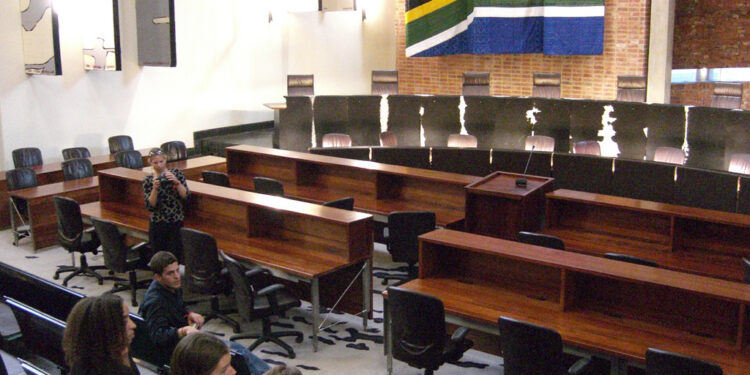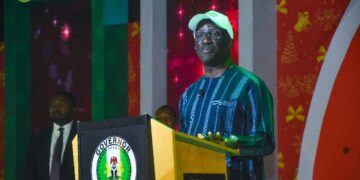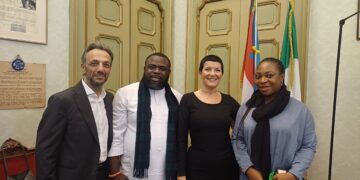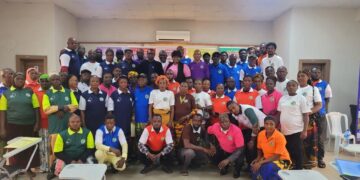In a small digital newsroom in Johannesburg, a group of young journalists begins their morning not by chasing headlines — but by preparing to sit in silence. For them, the action doesn’t happen in press conferences or viral clips. It happens inside courtrooms, where justice is slow, procedural, and too often misunderstood.
Since its founding in 2021, MDNtv has become a quiet fixture in South Africa’s legal reporting scene. It isn’t a traditional broadcaster or a large media house. Instead, it’s a nonprofit platform focused almost entirely on one thing: making the justice system visible to the public — one hearing, one verdict, one human story at a time.
> “We’re not here to sensationalize,” says one of the reporters, who has covered trials involving both political figures and everyday citizens. “We’re here to make the process understandable — and transparent.”
Their coverage is live, real-time, and meticulous. Whether it’s a murder trial, a rape hearing, or a procedural bail application, MDNtv reports from the courtroom with language that breaks down complex legal terminology. Their team tweets directly from court benches, streams public proceedings, and produces post-trial explainers that offer context — not opinion.
But this work isn’t glamorous. Courtrooms don’t run on media timelines. A single case can stretch over weeks, with hearings postponed multiple times. Reporters sit for hours waiting, observing, listening — often without speaking. For MDNtv, that silence is part of the story.
> “It’s not like crime dramas on TV,” one contributor explains. “There’s no dramatic music, no last-minute confessions. Just real people, real stakes, and real consequences.”
One of the platform’s most-followed coverages involved the trial of Bishop Stephen Zondo, a high-profile church leader accused of sexual abuse. MDNtv was one of the only outlets live-reporting every court session, providing survivors and the public with access to proceedings they otherwise couldn’t follow.

Another case — the murder trial of university student Palesa Mofokeng — highlighted MDNtv’s unique role. While mainstream outlets focused on brief updates, MDNtv posted live legal transcripts, cross-examination details, and follow-up analysis that helped viewers grasp what was unfolding beyond the headlines.
> “People deserve to know how justice is done — not just the verdict,” says a law student who started following MDNtv during the Mofokeng trial. “They helped me understand how the system really works.”
Courtroom reporting is often overlooked in South African media. It’s time-consuming, resource-heavy, and doesn’t generate the traffic that breaking news or celebrity scandals do. But for MDNtv, that’s precisely the point. Their work is part journalism, part civic education.
The platform’s reporters often attend trials without formal press credentials, relying on relationships with legal clerks and public defenders to access schedules and transcripts. They consult pro bono legal advisors to explain rulings. And sometimes, they simply wait — documenting a process many people never get to see.
In 2024, MDNtv’s efforts were recognized with a national media award, citing its commitment to “informative public reporting.” But the team doesn’t dwell on accolades. Most of their time is spent compiling court dates, preparing livestreams, and posting updates from district courts in Soweto, Pretoria, and beyond.
> “Justice must not only be done — it must be seen to be done,” says one senior volunteer. “We’re just helping people see it.”
MDNtv’s presence raises broader questions about media, transparency, and who journalism is meant to serve. In a digital environment filled with outrage and algorithm-driven noise, their slow, careful work feels almost radical.
They don’t claim to speak for victims, prosecutors, or the courts. Instead, they hold space — for information, for clarity, and for public access.
Whether or not MDNtv becomes a household name seems beside the point. For now, they remain seated at the back of South African courtrooms — listening carefully, reporting quietly, and making sure the story gets told.









